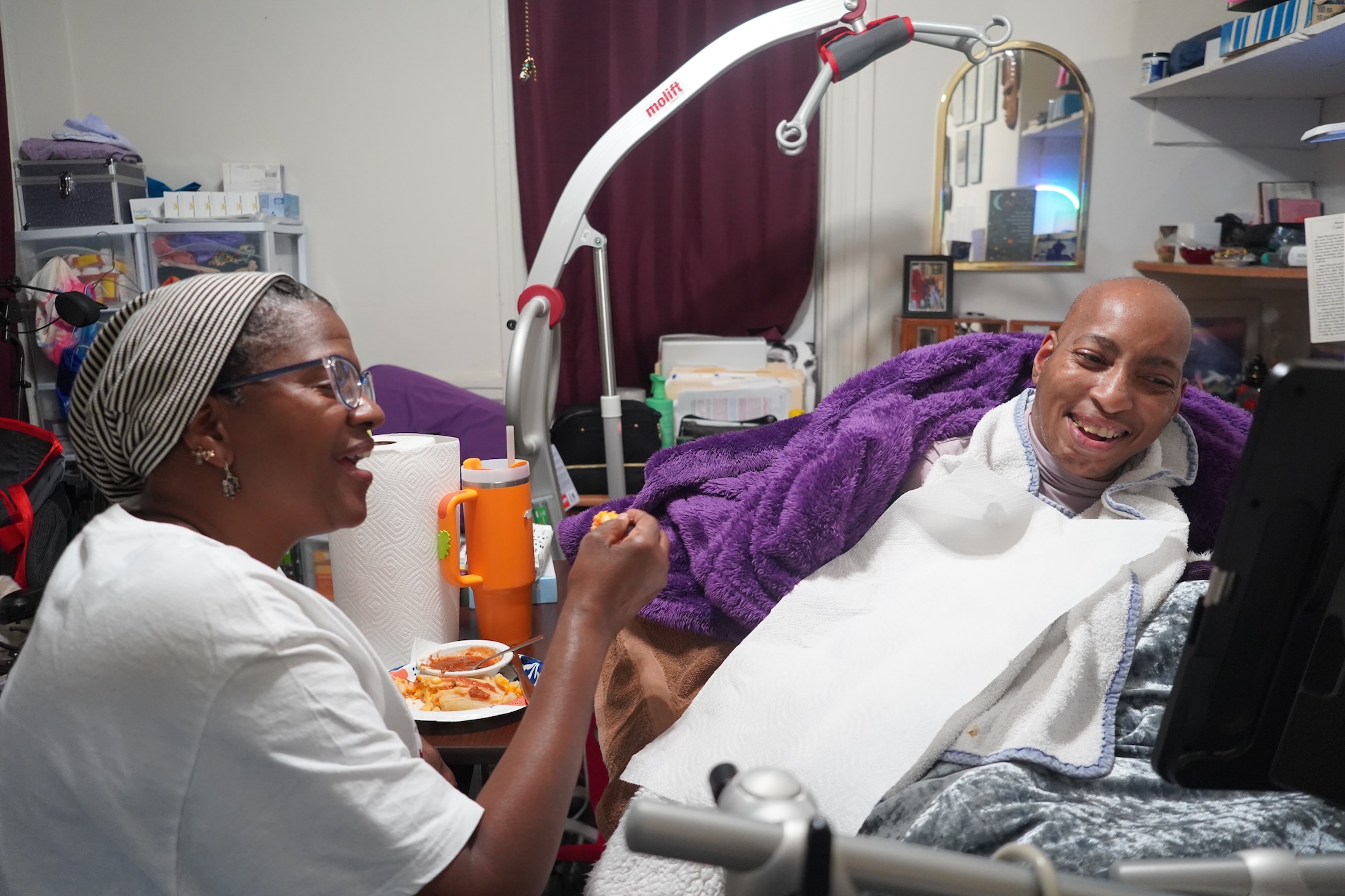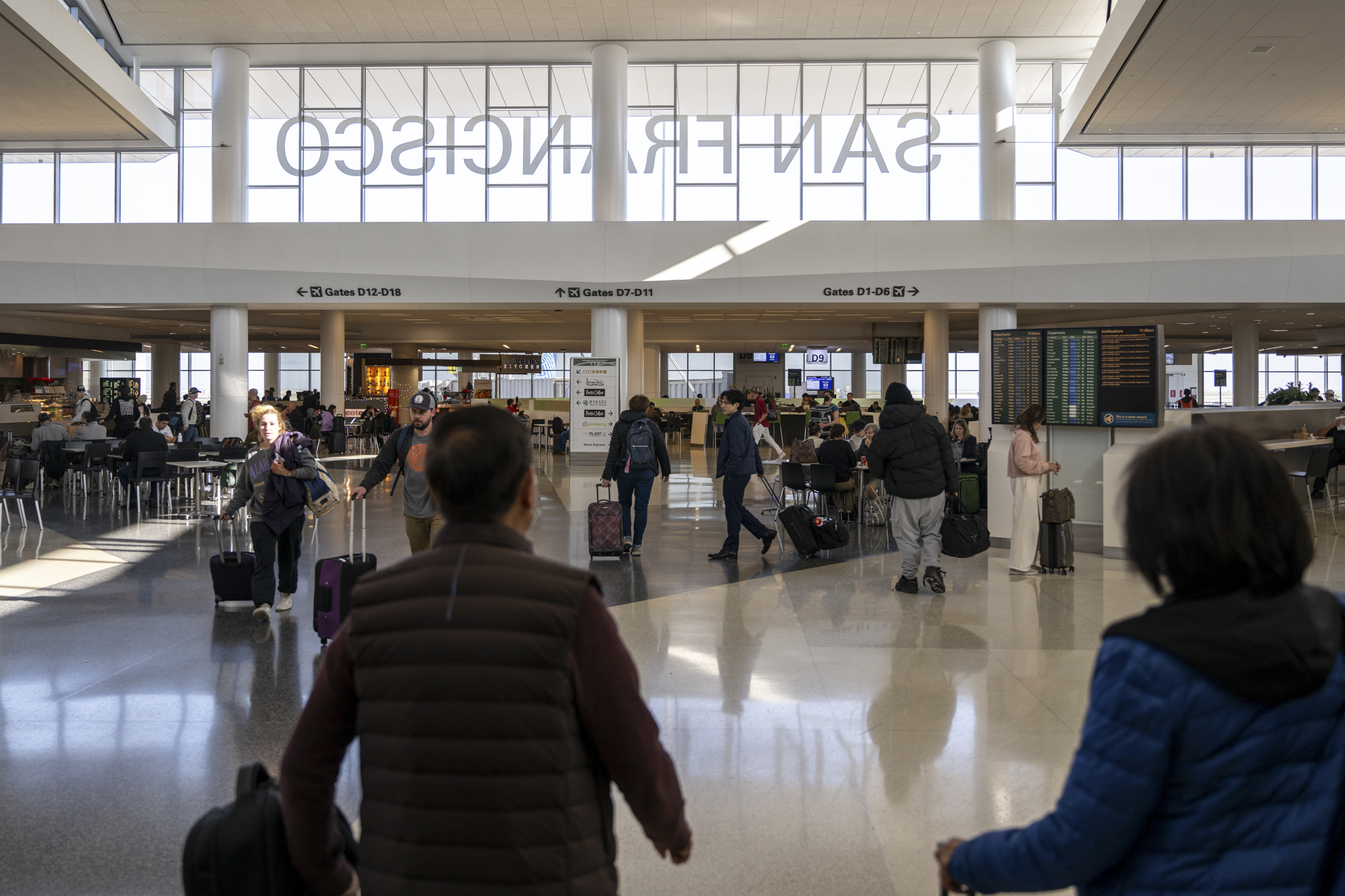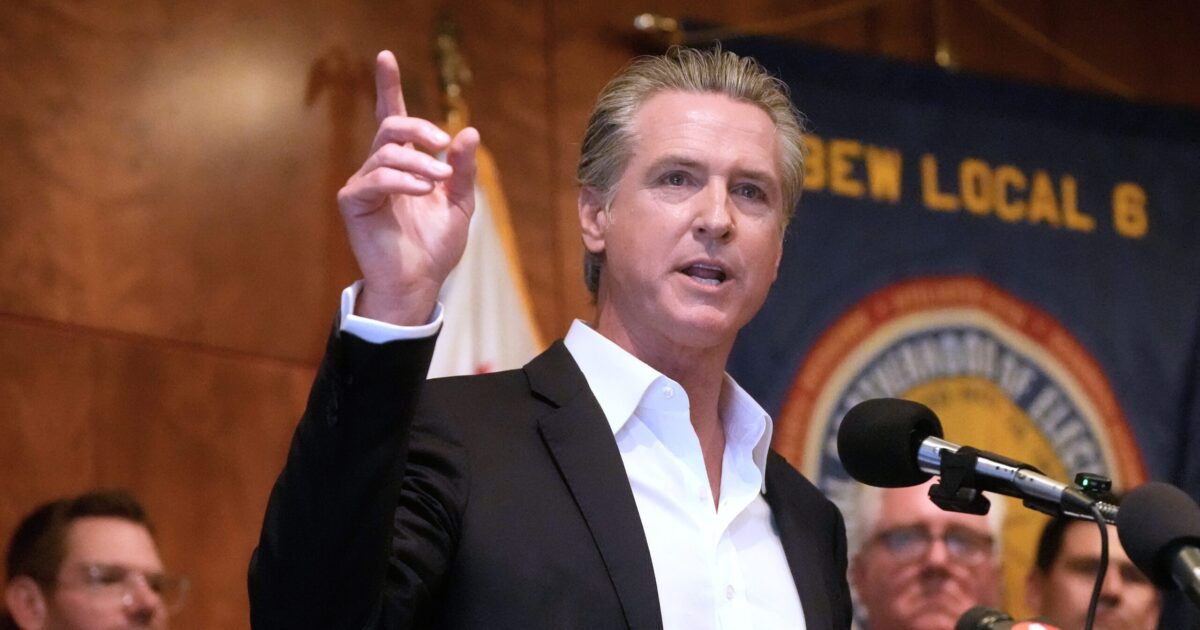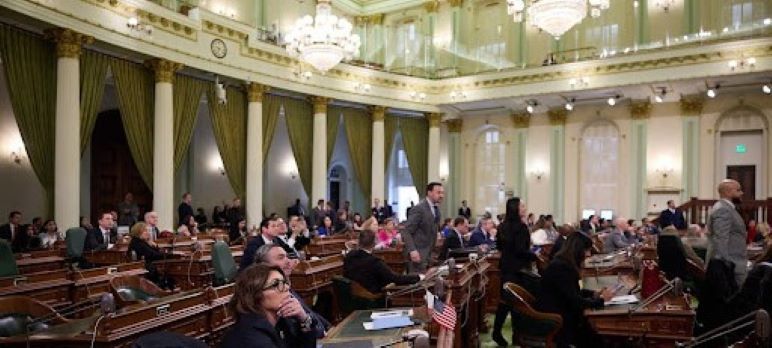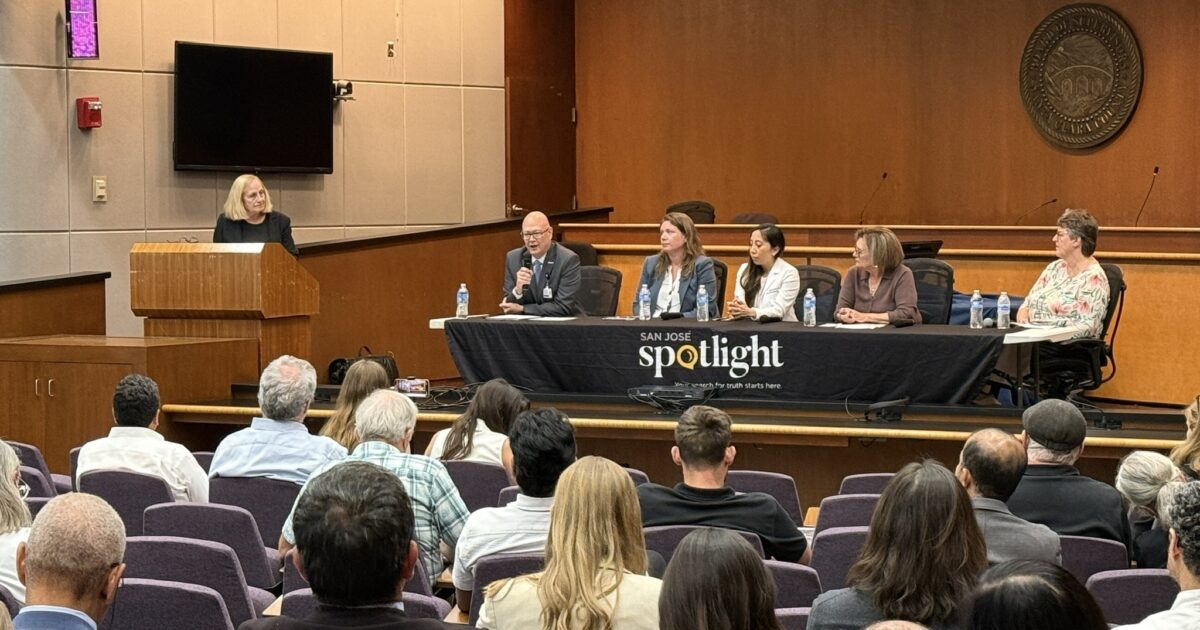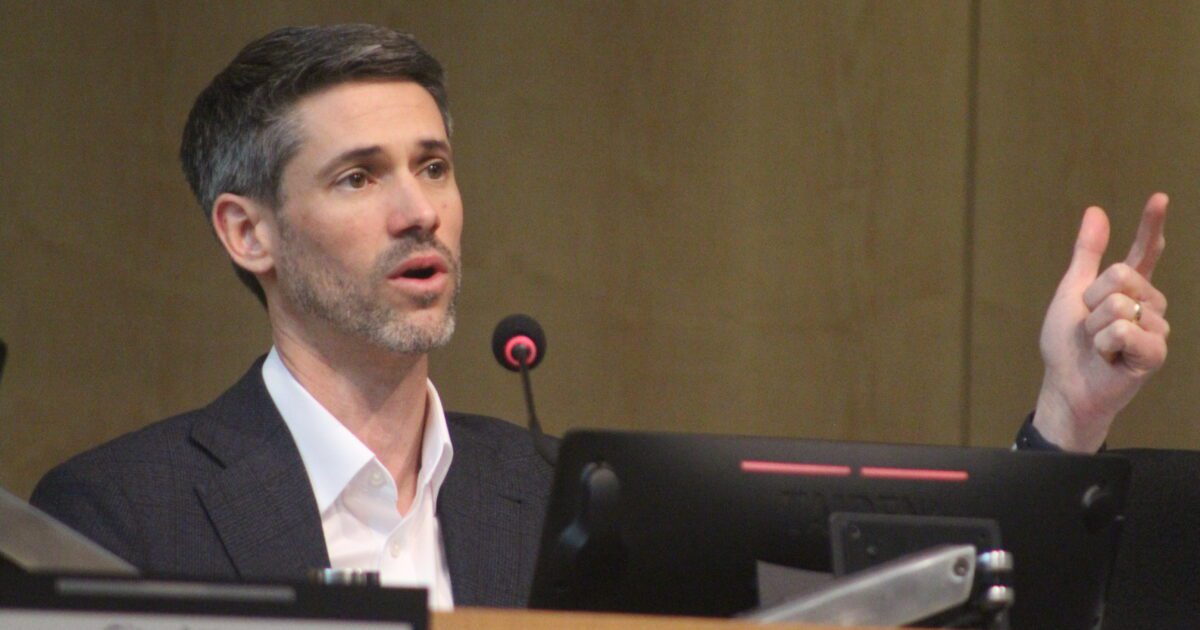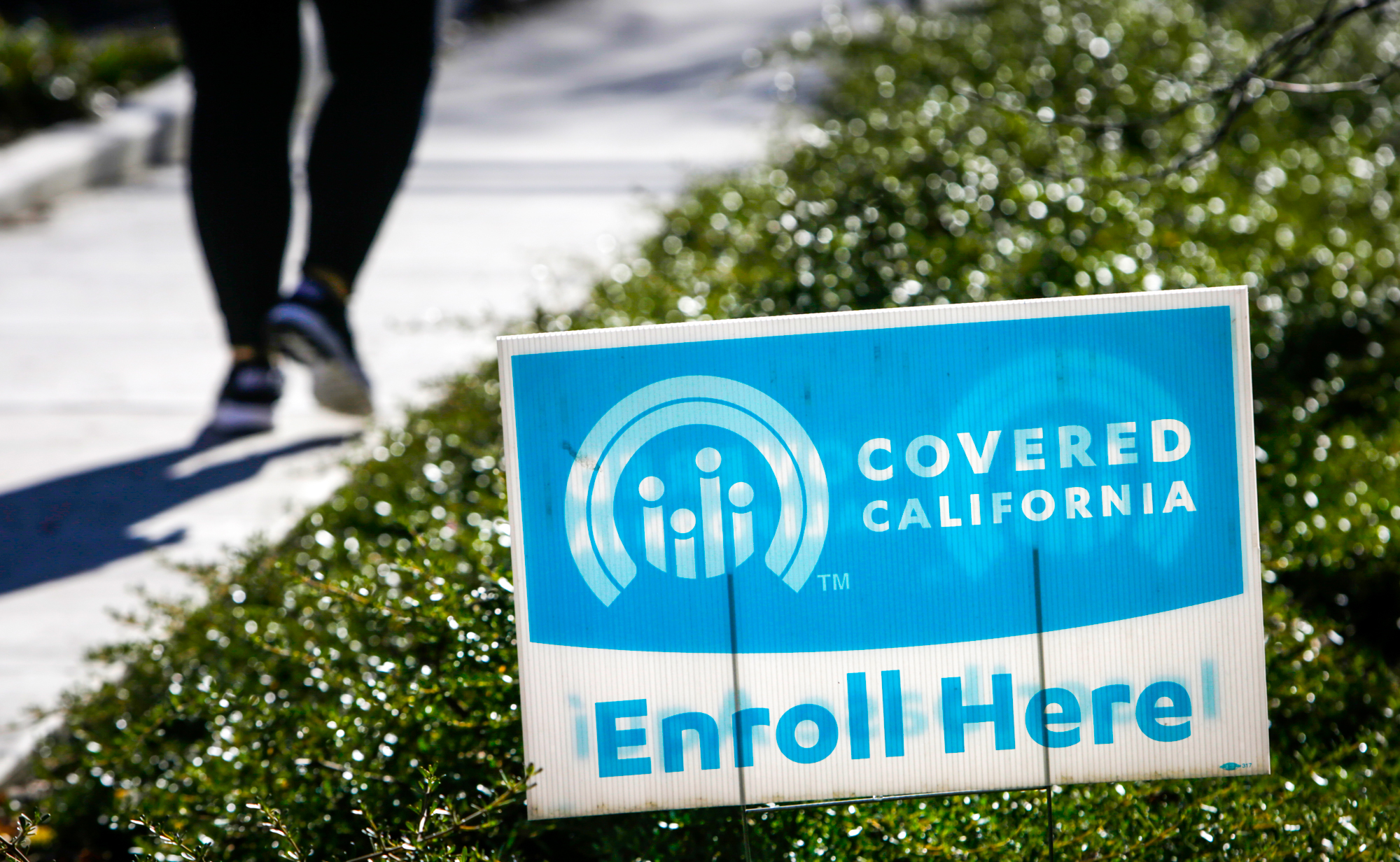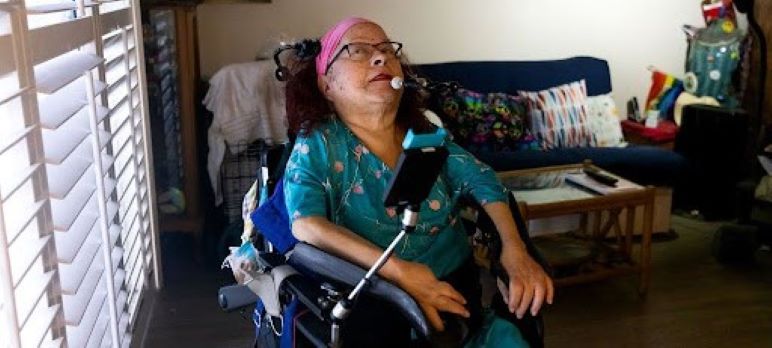fromLos Angeles Times
4 days agoHealthcare experts warn 'people will die' unless state steps up amid federal cuts
Federal cuts could strip about 1.2 million Californians of Medi-Cal coverage, with health experts warning the consequences could be dire. New work requirements and eligibility checks every six months will block even qualified people from coverage, while private insurance costs are skyrocketing. Lawmakers are being urged to close corporate tax loopholes, automate verification systems, and expand telehealth to cushion the blow to vulnerable Californians.
California
